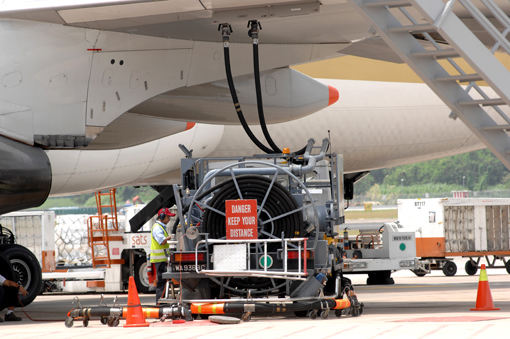The International Air Transport Association is calling for governments to implement policies to accelerate the deployment of sustainable aviation fuels.
The International Air Transport Association (IATA) 73rd Annual General Meeting (AGM) has approved a resolution calling for governments to implement policies to accelerate the deployment of sustainable aviation fuels (SAF).
The Resolution also reaffirmed the industry’s commitment to work with governments to implement the Carbon Offsetting and Reduction Scheme for International Aviation (CORSIA) global CO2 emissions agreement.
“Sustainable aviation fuels are an integral part of our comprehensive strategy but at the moment they are not being produced in enough quantity at a competitive cost,” said Alexandre de Juniac, IATA’s Director General and CEO.
The Resolution calls upon governments to implement policies to accelerate the deployment of SAF, including the creation of the appropriate regulatory framework to expedite the development of production facilities. Such policies could include:
• providing loan guarantees and capital grants for production facilities including support for brokering aviation off-take agreements,
• allowing SAF to compete on an equal basis with those used for land transport through equivalent or magnified public incentives,
• encouraging simplified and streamlined accounting methods for the use of SAF in order to minimise logistic costs,
• supporting SAF demonstration plants and supply chain research and development,
• implementing policy to de-risk investments into SAF production plants including legislative certainty over a period of time sufficient to attract investment in new production facilities,
• developing fiscal incentives for projects and partnerships involved in early stage plant development,
• developing a harmonised transport and energy policy including interdepartment coordination, including agriculture, transport, energy and military agencies.
“Drop-in alternative fuels are technically ready to go and can deliver up to 80% reduction in carbon emissions. Governments have a role in providing incentives to make SAF commercially viable, just as they do with supporting the solar power for homes or electrically-powered cars. Investing in SAF capacity will help to reduce emissions and create new opportunities for economic growth,” said de Juniac.

